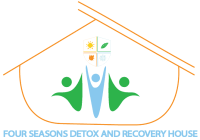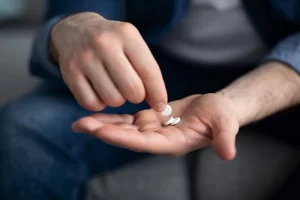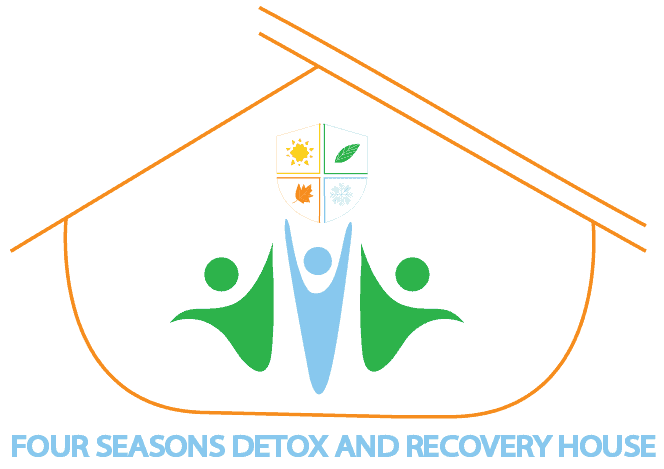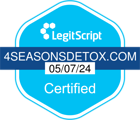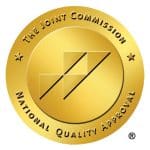When you quit drinking, your body embarks on a complex journey of recovery, which includes balancing your hormones. Understanding this process can help set realistic expectations and motivate you to maintain sobriety. This article explores how long it takes for hormones to balance after quitting alcohol, the effects of alcohol on hormones, and effective strategies to support hormonal balance.
How Alcohol Affects Hormones
Alcohol can significantly disrupt the balance of hormones in your body. Here’s how it affects specific hormones:
- Testosterone: In men, excessive alcohol consumption can decrease testosterone levels, leading to decreased libido, erectile dysfunction, and infertility. In women, it can cause irregular periods and increased testosterone levels, which may lead to changes in secondary sexual characteristics.
- Estrogen: High alcohol intake can raise estrogen levels in both men and women. This can disrupt menstrual cycles in women and cause breast tissue growth in men.
- Cortisol: Alcohol increases cortisol, the stress hormone, which can lead to anxiety, weight gain, and sleep disturbances.
- Insulin: Alcohol affects insulin production, leading to blood sugar imbalances and an increased risk of diabetes.
- Thyroid Hormones: These hormones, crucial for metabolism, can also be disrupted by alcohol, affecting energy levels and weight management.
Timeline for Hormonal Balance After Quitting Alcohol
The timeline for hormonal balance recovery varies from person to person. Factors such as the duration and intensity of alcohol use, individual health status, age, and gender play a significant role. Generally, it can take anywhere from a few weeks to several months for hormonal levels to stabilize after quitting alcohol.
Early Stages of Recovery
In the early stages of recovery, typically within the first few weeks to a month, the body begins to detoxify and repair itself. During this time, you might still experience hormonal imbalances, but some initial improvements can be noticed. Understanding the 6 stages of alcohol recovery is crucial for navigating this period effectively.
Middle Stages of Recovery
From one to three months, the body continues to adjust, and more significant hormonal balance can be achieved. Testosterone levels in men, for instance, might start to normalize, and menstrual cycles in women may begin to regulate.
Long-Term Recovery
After three months and beyond, many individuals find that their hormonal levels have substantially stabilized. However, complete recovery can take longer, especially if alcohol use was heavy and prolonged. Engaging in relapse prevention group activities can significantly bolster one’s journey towards long-term hormonal balance.
Factors Influencing Hormonal Recovery
Several factors influence how quickly hormones balance after quitting alcohol:
- Duration and Intensity of Alcohol Abuse: The longer and heavier the alcohol use, the longer the recovery.
- Overall Health Status: Good nutrition, regular exercise, and adequate sleep support faster hormonal recovery.
- Age and Gender: Older individuals and women (due to menstrual cycles, pregnancy, or menopause) may experience a longer recovery time.
- Lifestyle Choices: Healthy habits, such as avoiding stress and engaging in supportive activities, can enhance hormonal balance.
Effects of Alcohol on Specific Hormones
Testosterone
In men, alcohol significantly impacts testosterone production. Reduced testosterone can lead to lower libido, erectile dysfunction, and mood disturbances. Women might experience increased testosterone levels, causing irregular menstrual cycles and changes in secondary sexual characteristics.
Estrogen
Elevated estrogen levels due to alcohol can disrupt menstrual cycles in women and lead to breast tissue growth in men. This imbalance increases the risk of breast cancer in women and can cause gynecomastia in men.
Cortisol
Cortisol levels rise with alcohol consumption, leading to increased stress, anxiety, weight gain, and sleep issues. This hormone is crucial in the body’s stress response, and its imbalance can have wide-ranging effects.
Insulin
Alcohol affects insulin production and sensitivity, leading to blood sugar imbalances and increasing the risk of type 2 diabetes. Proper insulin regulation is essential for maintaining healthy blood sugar levels.
Thyroid Hormones
Alcohol disrupts the production of thyroid hormones, affecting metabolism and energy levels. This can lead to weight gain, fatigue, and other metabolic issues.
Supporting Hormonal Balance After Quitting Alcohol
Adopting a healthy lifestyle is crucial for supporting hormonal balance during recovery. Here are some strategies:
Healthy Diet
A nutrient-rich diet supports hormone production and regulation. Focus on consuming fruits, vegetables, whole grains, lean proteins, and healthy fats. Foods rich in omega-3 fatty acids, antioxidants, vitamins, and minerals are particularly beneficial.
Exercise
Regular physical activity helps regulate hormones and improve overall well-being. Incorporate both aerobic exercises, like walking or jogging, and strength training into your routine. Aim for at least 150 minutes of moderate-intensity exercise or 75 minutes of vigorous-intensity exercise each week.
Sleep
Adequate sleep is essential for hormonal health. Aim for 7-9 hours of quality sleep each night to support your body’s recovery processes.
Stress Management
Techniques such as mindfulness, yoga, and meditation can help manage stress and support hormonal balance. Practicing deep breathing and relaxation exercises can also be beneficial.
Supplementation
Certain vitamins and minerals, like magnesium and vitamin D, can aid hormonal recovery. Consult with a healthcare provider before starting any new supplements.
Additional Therapies and Interventions
In some cases, hormonal therapy or other medical interventions might be necessary to restore balance. Seeking guidance from healthcare professionals specializing in endocrinology or addiction medicine can provide personalized insights and recommendations. Additionally, considering luxury detox options can provide a comfortable and supportive environment for recovery.
FAQs on Hormonal Balance After Quitting Alcohol
Can quitting alcohol improve hormone-related health issues?
Yes, quitting alcohol can significantly improve hormone-related health issues, such as menstrual irregularities, decreased libido, and mood disturbances.
How can lifestyle changes expedite hormone balance recovery?
Healthy lifestyle changes, including a balanced diet, regular exercise, adequate sleep, and stress management, can expedite hormonal balance recovery.
What are the signs of hormonal balance restoration?
Signs of hormonal balance restoration include improved mood, regular menstrual cycles, increased energy levels, and better overall health.
Can exercise influence hormone balance?
Yes, regular exercise can positively influence hormone balance by promoting healthy metabolism, reducing stress, and improving overall well-being.
How to talk to an alcoholic about seeking help?
Knowing how to talk to an alcoholic about seeking help can be challenging. Approach the conversation with empathy, avoid judgment, and encourage professional support.
Conclusion
Balancing hormones after quitting alcohol is a gradual process influenced by various factors. By adopting healthy lifestyle habits and seeking professional guidance, you can support your body’s natural ability to restore hormonal balance.
Ready to take the next step in your recovery journey? Apply to Four Seasons Detox Drug and Alcohol Rehab center today and discover how our personalized programs can help you achieve lasting emotional well-being. Visit our website or call us now to learn more and schedule a consultation.
